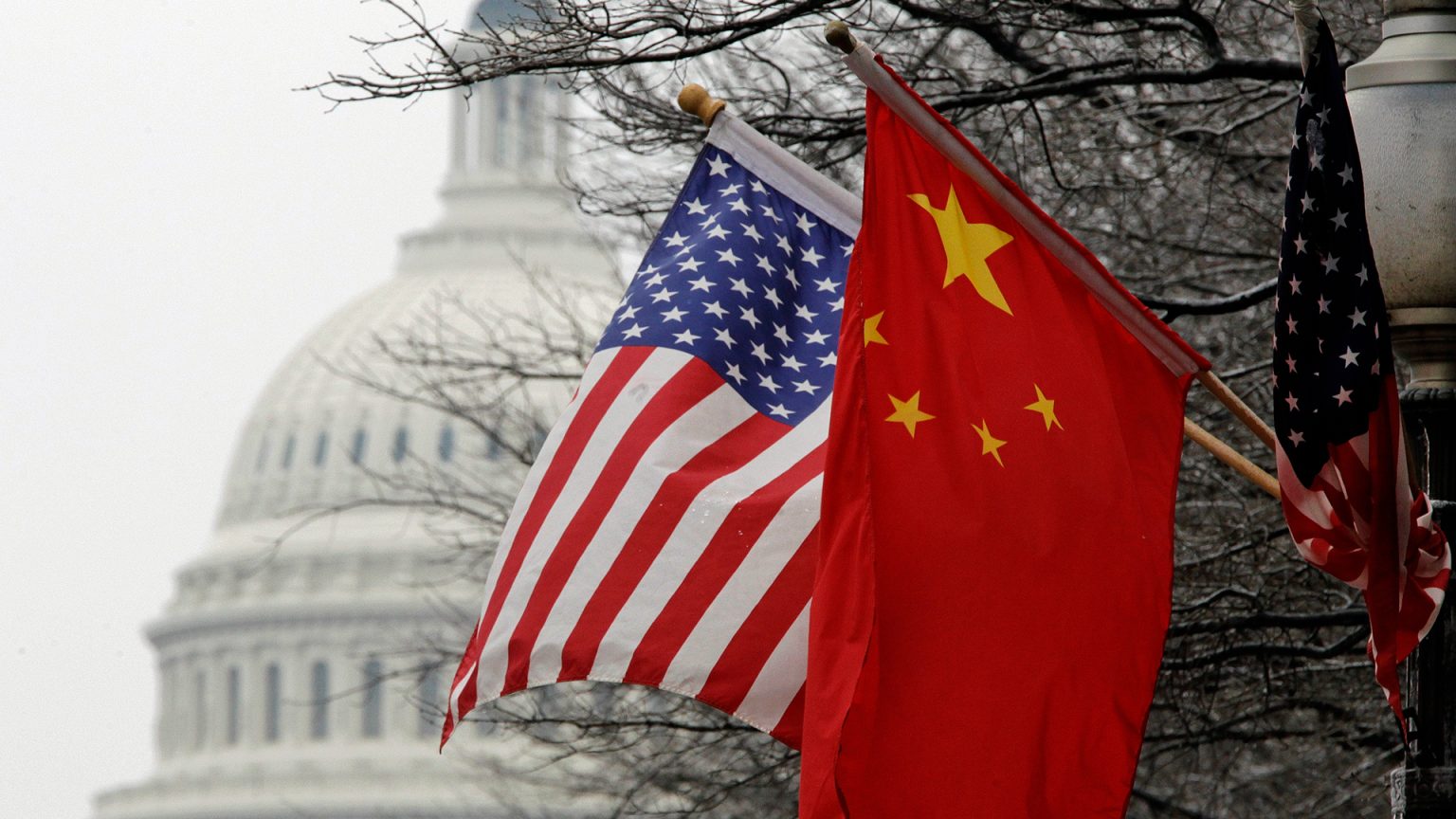The United States has implemented tariffs on Chinese goods, prompting Beijing to launch an anti-dumping inquiry as a response. Chinese imports have been responsible for driving down the cost of various consumer goods in the US, such as video games, T-shirts, and home appliances. However, many American factories claim that these imports have forced them to shut down and resulted in the loss of over a million jobs. President Joe Biden has stated that he will not allow China to unfairly control the market.
In an effort to protect American industries and workers, President Biden has significantly increased tariffs on Chinese imports in the lead-up to the upcoming elections. These tariffs have been imposed on a wide range of products, including electric vehicles and solar cells. Beijing has retaliated by launching an anti-dumping investigation, indicating that tensions between the two countries are escalating. The trade dispute between the US and China has significant implications for the global economy, as both countries are major players in international trade.
Meanwhile, Cuba’s sugar industry is facing a crisis, which could have profound impacts on the country’s economy and agriculture sector. The worsening situation in Cuba highlights the challenges faced by developing countries in sustaining their agricultural industries. Additionally, the global shortage of critical minerals is becoming a growing concern, as these minerals are essential for a wide range of industries, including electronics and renewable energy. The shortage of critical minerals could potentially disrupt global supply chains and hinder the development of key technologies.
The current trade tensions between the US and China are part of a broader geopolitical struggle for economic dominance and influence. Both countries are vying for control over key industries and technologies, as well as seeking to protect their domestic markets from foreign competition. The escalating trade dispute between the two countries could have far-reaching consequences for the global economy, as disruptions in trade and supply chains can ripple through various industries and regions. It remains to be seen how the situation will evolve and whether both sides will be able to reach a resolution.
In light of the challenges facing the global economy, policymakers and industry leaders must work together to address issues such as trade disputes, shortages of critical minerals, and agricultural crises. Collaborative efforts are needed to find sustainable solutions that promote economic growth, create jobs, and ensure stability in key industries. It is essential for countries to engage in dialogue and diplomacy to prevent trade conflicts from escalating and to build a foundation for long-term cooperation. By working together, countries can overcome challenges and create a more resilient and prosperous global economy.
In conclusion, the current trade tensions between the US and China, along with challenges facing industries such as Cuba’s sugar sector and the critical minerals sector, underscore the complexities and interdependencies of the global economy. As countries navigate these challenges, cooperation, innovation, and strategic planning will be crucial to building a sustainable and inclusive economic system. By addressing issues such as trade disputes, supply chain disruptions, and agricultural crises in a collaborative manner, countries can strengthen their economies and promote shared prosperity for all.


